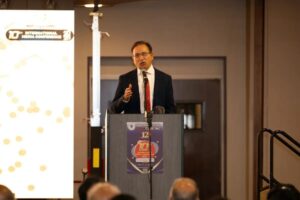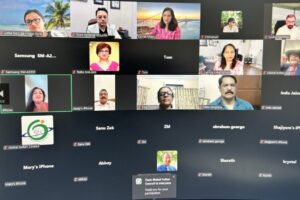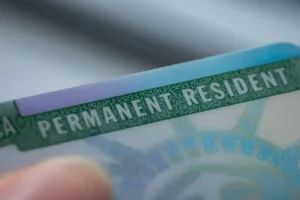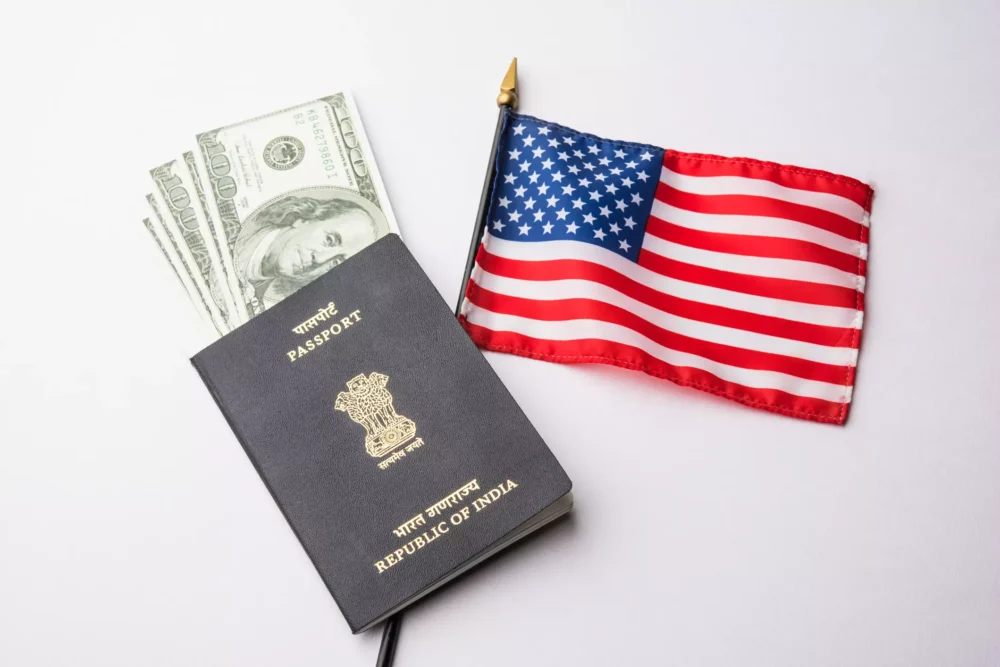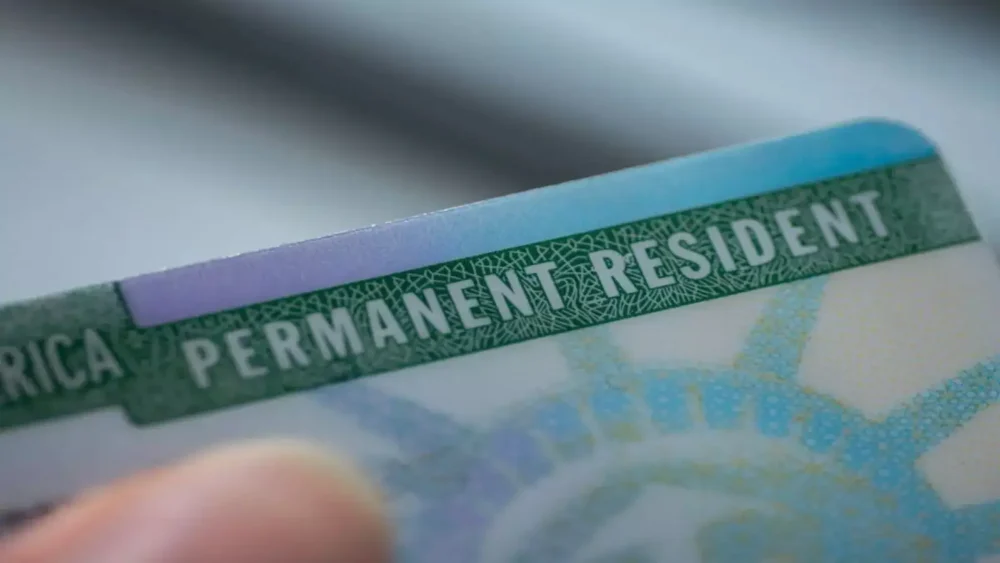The U.S. Department of Homeland Security (DHS) has introduced a new policy effective October 30, 2025, ending the automatic extension of Employment Authorization Documents (EADs) for certain noncitizens applying for renewals. This rule particularly impacts H-4 visa holders (spouses of H-1B workers), F-1 students on Optional Practical Training (OPT), asylum seekers, and others relying on EADs to work legally in the U.S.
Previously, individuals filing timely renewals could continue working for up to 540 days under an automatic extension while their renewal was processed. Now, these automatic extensions will no longer be granted except in exceptional cases explicitly specified by law or Temporary Protected Status provisions.
DHS explained this change as a measure to enhance security by increasing vetting and background checks to better detect fraud and identify possible public safety risks. USCIS Director Joseph Edlow emphasized that working in the U.S. is a privilege that requires rigorous screening to ensure national security.
Applicants are strongly advised to submit renewal applications up to 180 days before their current EAD expires to avoid gaps in work authorization, which could now occur if the renewal processing is delayed.
This abrupt policy shift impacts thousands of foreign workers, especially Indian nationals, who form the largest segment of H-1B visa holders and international students in the U.S. In 2024, 27% of all international students in the U.S. were from India, and India accounted for around 71% of approved H-1B visa recipients.
The move signals a significant tightening of immigration work authorization policy, reversing the Biden administration’s earlier expansions during COVID-related processing backlogs. It underscores the administration’s focus on stronger immigration enforcement aligned with national security priorities.

